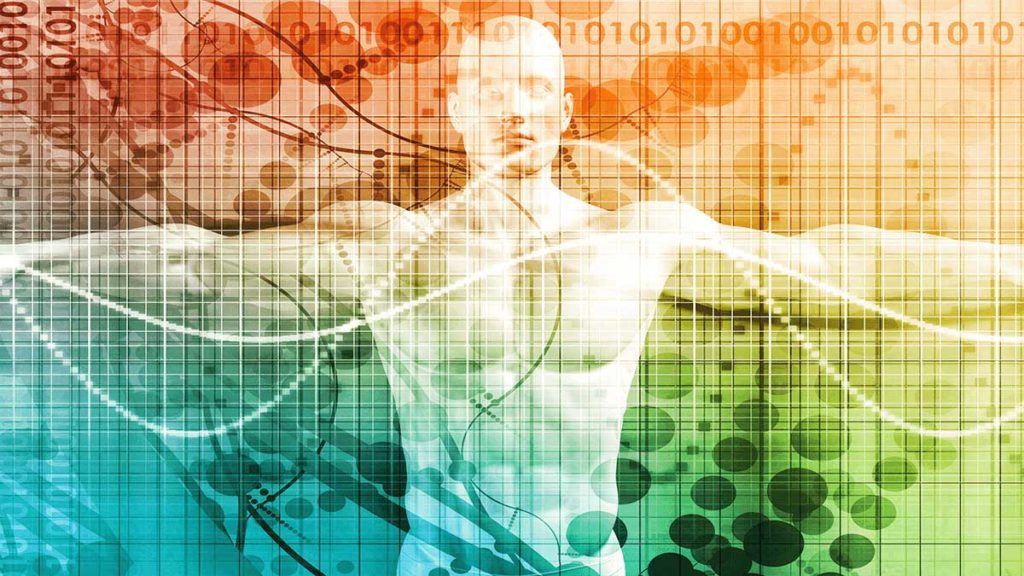Precision and Predictive Medicine - Technology with a bedside manner

One of the main limitations with medicine today and in the pharmaceutical industry is our understanding of the biology of disease.
Here is where big data comes into play, aggregating more and more information around multiple scales for what constitutes a disease—from the DNA, proteins, and metabolites to cells, tissues, organs, organisms, and ecosystems. These are the scales of the biology that we need to be modeling, by integrating big data.
Our improved utilization of Big Data is currently transforming healthcare at an unprecedented rate. We are now able to capture data from wearable devices such as smartwatches that enable us to increasingly predict and consequently treat health issues in people even before any symptoms have occurred.
In terms of treatment, we are likely to experience more personalized approaches. The term for this is also known as precision medicine. This method enables doctors to prescribe more medication and treatments based on a data-driven understanding of how effective they would be for a specific patient.
As a result of recent breakthrough in technology, specifically in the fields of genomics and AI, we have a better understanding of how individual people are equipped to fight off certain diseases and consequently how they would react to specific medication or treatments.
It’s not going to be a discrete event—that all of a sudden, we go from not using big data in medicine to using big data in medicine. Let’s look at it like a continuum, more of an evolution. As we begin building these models, aggregating this mass of information, we’re going to be testing and applying the models on individuals, analyzing the outcomes, refining the models, and so on. Questions will therefore become easier to answer. The modeling becomes more informed as we start pulling in all of this information. We are at the very beginning stages of this revolution, but chances are, it’s going to go very fast, because there’s already great maturity in the information sciences beyond medicine.
Throughout 2020 we will see new applications of predictive healthcare and the introduction of more personalized and effective treatments to ensure better outcomes for individual patients.
